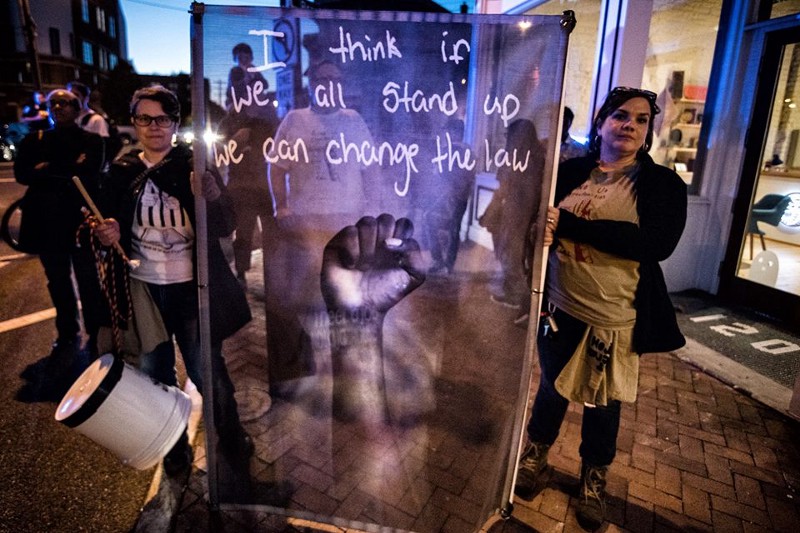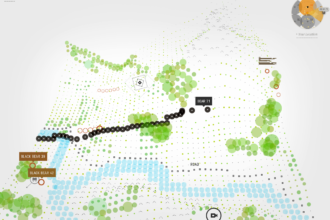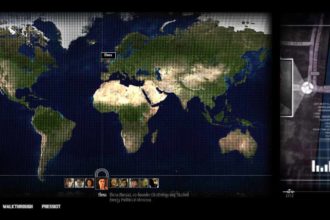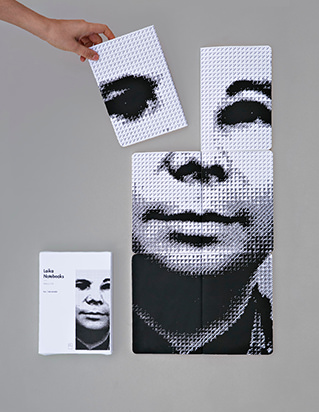The Empathy Lab
Title: The Empathy Lab
Status: Multi-year initiative
Type of Project: Lab/Accelerator
My Role: Founding Partner, Creative Director, Experience Designer & Facilitator
Project Description: The Empathy Lab is a collaboration between the Columbia University School of the Arts’ Digital Storytelling Lab and Refinery29 to examine and accelerate the role of empathy in our society and to create positive cultural shift towards greater understanding between people.
The Lab’s design was modeled on that of a tech “accelerator” – an organization that assembles a group of promising founders (a cohort) and connects them to the necessary resources to scale their ideas. Accelerators and their cohorts typically coalesce around a theme that connects all of the various initiatives together. In this case, that theme is empathy, and our target audience is all of humanity.
The lab’s mission is three-fold:
- To examine and accelerate the role of empathy across a wide range of disciplines, including: policy, education, media, design, technology and healthcare
- To recognize and deploy empathy as a key consideration in designing and disseminating a culture of understanding, both within organizations and in the world at large
- To explore synergies in funding, impact, and scale between brands and social innovation initiatives – to create a new model of Purpose-Driven Partnership
Partners: Columbia University and Refinery29
Official site: coming soon
Stats: The Empathy Lab started in May of 2016 and since then has staged events around the world. It’s cohort of 6 ground breaking projects/teams will be announced in early 2017.
Originally published by

Immerse is an initiative of Tribeca Film Institute, MIT Open DocLab & The Fledgling Fund.
An Evolution in Storytelling and Impact
by Lance Weiler
It’s been over a decade since I came to the realization that calling myself a filmmaker was useless. As my work began to mix storytelling, design thinking, game mechanics and code, I found myself in a space where running times, formats and platforms didn’t matter anymore. It became clear to me that a single medium couldn’t define what I was attempting to do.
The creation and consumption of media has radically shifted, as those formerly known as “the audience” have become storytellers in their own right. The rapid commoditization of technology has forever altered our relationship to stories and those who we identify as storytellers. In short order we’ve found ourselves drowning in a sea of white noise. Our social streams have become filtered bubbles that reaffirm our own beliefs. We’ve become slaves to algorithms that blind us to the perspectives of others, as we tumble into a Faustian bargain that promises us convenience wrapped in the illusion of a deeper social connection.
For a little over three years, I’ve been the Director of the Columbia University School of the Arts’ Digital Storytelling Lab. Our mission is to design stories that build on a diverse range of creative and research practices originating from the arts, humanities and technology. We are a place of speculation, creativity, and collaboration that isn’t driven by market conditions, but instead explores new forms and functions of purposeful storytelling. Our hope is that we can harness story as an innovation driver and in the process enable humanity to help shape technology instead of exclusively allowing technology to shape us.
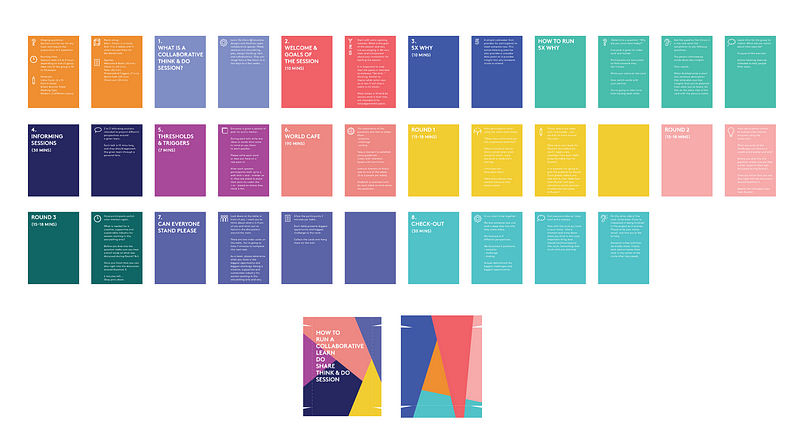
An Empathy Epidemic
While the feelings around the recent election are still raw, this piece is not one of doom and gloom but instead is an invitation to a potential opportunity. This past Spring, the Columbia Digital Storytelling Lab partnered with Refinery 29 — a media company focused on millennial women — to create an Empathy Lab.
The concept is simple:
1. Gather a group of talented storytellers, designers, data scientists, community organizers and educators working on amazing projects that are making real impact in people’s lives.
2. Add a distribution partner like Refinery 29 that reaches over 300 million women a month who themselves represent $150 billion in spending power.
3. Leverage the reach and influence of the distribution network, to partner with brands interested in creating social impact through purposeful storytelling to help underwrite the initiative.
The Empathy Lab’s focus for 2017 is to ignite a global conversation on gender bias, self worth, identity, and power. At its core, the lab is designed to be an empathy accelerator, exploring the role of empathy across technology, policy, entertainment, healthcare, and education.
The project explores cultural differences, while at the same time identifying universal truths, by bringing together diverse groups for “Think & Do” sessions, all over the world. Through a collection of immersive storytelling initiatives that mix AI, VR, IoT and AR the lab is working to build simulations that evoke empathy, inform curriculum design, explore assessment models and help to develop a series of open tool kits and resources. We’ve assembled an exciting founding cohort of projects and are excited to announce them in early 2017.
In closing, consider these wise words from Margaret Mead: “Never doubt that a small group of thoughtful, committed citizens can change the world; indeed, it’s the only thing that ever has.”
We are currently looking for collaborators. If you or your organization is interested in helping to bring a little more empathy to the world, we’d love to hear from you.

